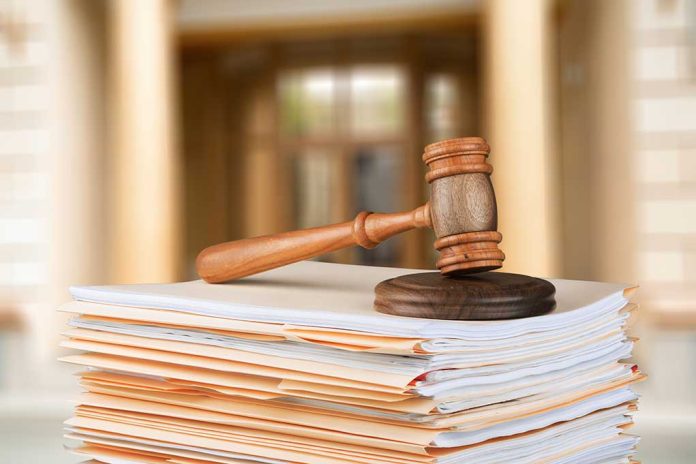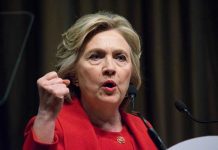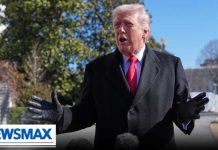
An investigation into AstraZeneca has unraveled unethical practices, driving allegations against senior leadership and impacting the company’s global standing.
At a Glance
- Investigation exposes unethical practices involving over 100 AstraZeneca employees.
- Leon Wang, former international chief, detained amid medical insurance fraud probe.
- Shares of AstraZeneca fell 8%, wiping out $14 billion in market value.
- AstraZeneca’s reputation in China and globally faces challenges.
Fallout from the Investigation
Leon Wang, AstraZeneca’s former China President, is detained by Chinese authorities for alleged medical insurance fraud. Over 100 employees implicated, unraveling a scandal of significant magnitude within the global pharmaceutical company. The charges include falsifying reports to provide insurance coverage for an ineligible lung cancer drug, Tagrisso, revealing a deep roots issue in the corporation’s ethical practices.
AstraZeneca appointed Iskra Reic as executive vice president for international operations to oversee strategy and growth in multiple international markets, including those in Asia and Eurasia. CEO Pascal Soriot described Reic as a “highly accomplished leader” with “extensive international experience across multiple disciplines.”
Impact on Global Operations
Amidst these allegations, AstraZeneca’s shares nosedived by 8%, erasing $14 billion in market value, worrying shareholders and investors. The pharmaceutical giant’s substantial involvement in China is underscored by its 13% revenue contribution from the market, which stood at $5.9 billion last year. AstraZeneca has invested heavily in China, including a $450 million factory for COPD treatments and partnerships with local biotechs.
The investigation ignites discussions about AstraZeneca’s aggressive expansion in China and its repercussions on multinational corporations in the healthcare industry. While AstraZeneca denied that any executives are under investigation, the class-action lawsuit filed in California accuses the firm of making false statements and concealing risks related to China.
Legal Repercussions and Previous Offenses
The ongoing investigation is not AstraZeneca’s first encounter with legal challenges. Previously, AstraZeneca pleaded guilty to healthcare fraud involving the illegal marketing of the prostate cancer drug Zoladex, agreeing to pay $355 million to settle these accusations. According to the indictment, the company manipulated doctor’s prescriptions, raising ethical concerns about its practices.
“We want doctors to prescribe what is best for their patients and not what is best for the doctor’s bank account.” – Richard G. Andrews
As the scandal deepens, AstraZeneca’s reputation both in China and on the global stage could face long-term impacts. While the company grapples with ongoing investigations across eight provinces, the need for transparent and ethical business practices becomes increasingly apparent.
Sources:
- Probe of AstraZeneca executive in China raises questions about company’s tactics
- AstraZeneca Pleads Guilty In Cancer Medicine Scheme – The New York Times







![Shocking Bot Advice: Kids in Danger [NEW RESEARCH] When the Chatbot is the Predator (Mini](https://republicannews.org/wp-content/uploads/sites/11/2026/02/NEW-RESEARCH-When-the-Chatbot-is-the-Predator-Mini-100x70.jpeg)